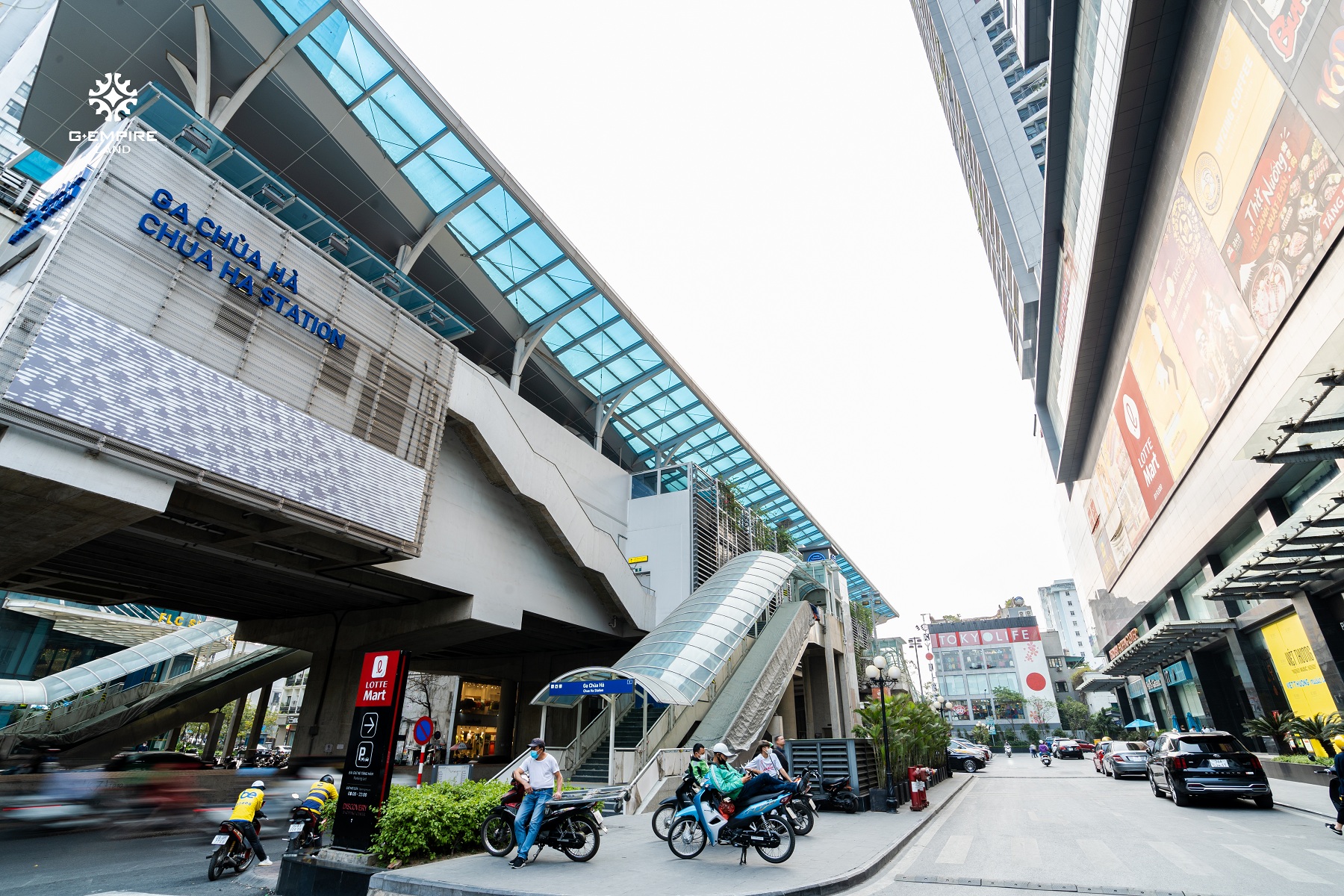Investing in a rental condo apartment in Vietnam can be a great way to generate passive income, especially for foreign investors. However, before jumping into the market, it’s crucial to understand the legal requirements and regulations for renting out your property. In this article, we will provide a comprehensive guide to help foreign landlords understand the legal requirements for rental condo apartments in Vietnam.

Ownership Regulations Foreigners can own and rent out a condo apartment in Vietnam, but there are some restrictions. Foreigners can only own up to 30% of the units in a building, and the total foreign ownership in a project cannot exceed 50%. Additionally, the foreign landlord must obtain a certificate of ownership, which requires proof of a valid visa or residence permit.
Rental Agreements A rental agreement is a legally binding contract between the landlord and tenant. The agreement should outline the terms and conditions of the lease, including the rental price, payment schedule, security deposit, and maintenance responsibilities. It’s recommended that landlords work with a professional property management company like Century 21 Dragon City to ensure their rental agreements comply with Vietnamese laws and regulations.
Tax Obligations Landlords are required to pay taxes on their rental income in Vietnam. The tax rate is currently set at 10% for individuals and 20% for corporations. It’s essential to keep accurate records of all rental income and expenses to avoid any issues with the tax authorities.
Property Maintenance Landlords are responsible for maintaining their rental property to ensure it’s safe and habitable for tenants. This includes regular repairs and maintenance, pest control, and ensuring all utilities are in working order. Property management companies like Century 21 Dragon City can assist landlords in ensuring their rental property is well-maintained and in compliance with local regulations.
Security Deposit It’s common practice for landlords to collect a security deposit from tenants before they move in. This deposit is typically equal to one or two months’ rent and is held to cover any damages or unpaid rent. The landlord must return the security deposit to the tenant at the end of the lease, minus any deductions for damages or unpaid rent.
Eviction Process If a tenant fails to pay rent or breaches the terms of the lease agreement, the landlord can initiate the eviction process. However, the process can be lengthy and complicated, and landlords must follow the proper legal procedures. It’s recommended that landlords work with a professional property management company like Century 21 Dragon City to ensure their eviction process is in compliance with Vietnamese laws and regulations.
In conclusion, owning a rental condo apartment in Vietnam can be a lucrative investment, but it’s essential to understand the legal requirements and regulations. By working with a professional property management company like Century 21 Dragon City, foreign landlords can ensure their rental property is in compliance with Vietnamese laws and regulations, and maximize their rental income.
